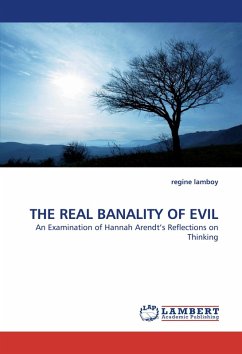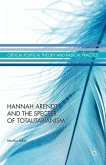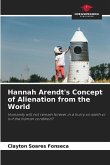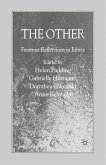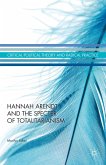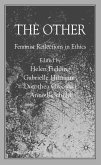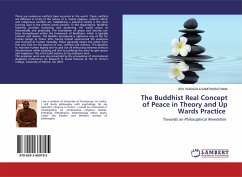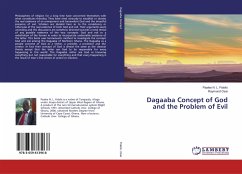When Hannah Arendt encountered Adolf Eichmann at his trial in Jerusalem she was struck that he did not seem to posses any of the characteristics normally associated with evil people, like malfeasance, greed, hatred, etc. Instead, his most outstanding quality was his utter thoughtlessness. This raised the question whether there might be a connection between thinking and abstaining from evil doing, which she explored in her last book The Life of the Mind. If there is indeed such a connection, there may be a class of people who might be led to abstain from evil doing if they can be persuaded to engage in thinking. This book examines Arendt s success in establishing such a connection by systematically analyzing the three sections of The Life of the Mind on thinking, willing, and judging. Although her overall project is hampered by the frequent use of highly abstract and obscure conceptualizations, her more down to earth definitions of thinking and an examination of dogmatism point into an interesting direction. There may by concrete methods to counteract the dogmatic thoughtlessness of someone like Eichmann.

